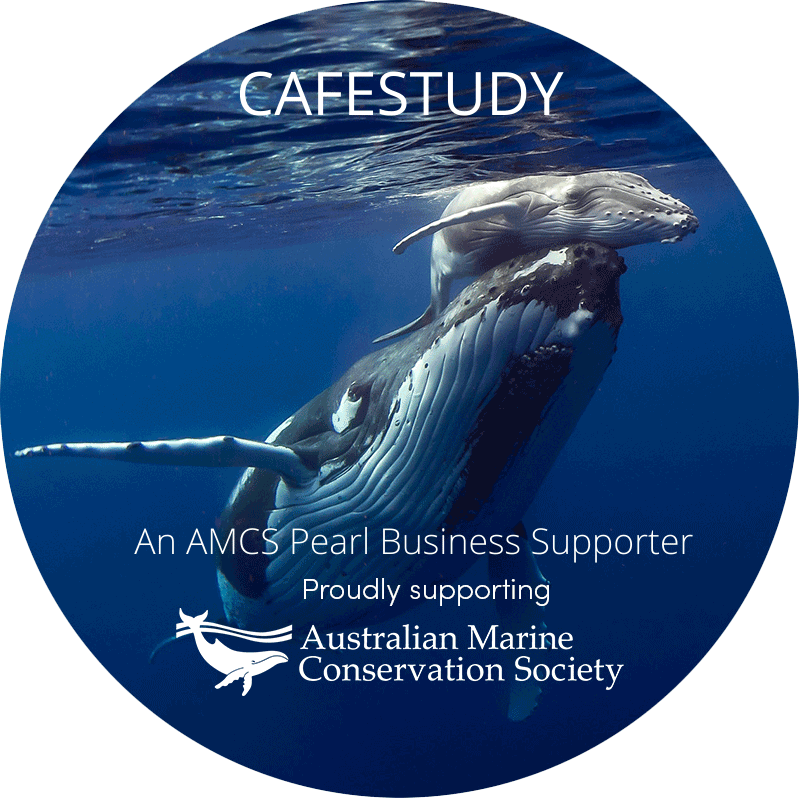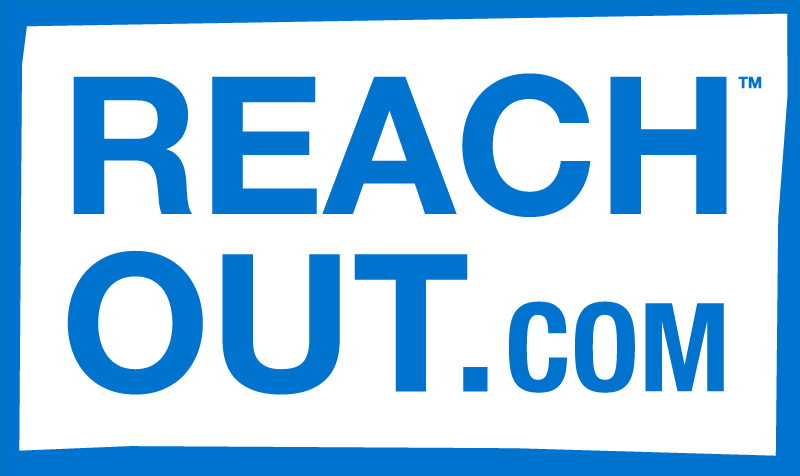Neurodivergent children support
Posted by: Chrissy30692783
30th Jan 2025 10:50am
The wait list for diagnosis and therapy for children who are neurodivergent are so long, how do people cope with wait times?
You must be a member to reply to this chat topic. Click here to sign in.
Help Caféstudy members by responding to their questions, or ask your own in Café Chat, and you will get the chance of earning extra rewards. Caféstudy will match these and donate equally to our two chosen Australian charities.

Australian Marine Conservation Society are an independent charity, staffed by a committed group of scientists, educators and passionate advocates who have defended Australia’s oceans for over 50 years.
ReachOut is the most accessed online mental health service for young people and their parents in Australia. Their trusted self-help information, peer-support program and referral tools save lives by helping young people be well and stay well. The information they offer parents makes it easier for them to help their teenagers, too.
Challenge Challenge is a not-for-profit organisation that supports children and families living with cancer, 365 days a year.
Our support is free and immediate, helping to lighten the cancer journey by addressing the practical, social, and emotional needs of all our members.
Our support is free and immediate, helping to lighten the cancer journey by addressing the practical, social, and emotional needs of all our members.



Comments 1
jtmorri
There are different types and degrees of neurodivergence. Some children require more support and therapies than others. If the child's development or behaviours are having a negative impact on their quality of life, then a consultation and diagnosis should be sought for which support and therapies can be implemented. The more negatively a condition impacts the child's quality of life the more urgent the intervention is.
Unfortunately, no one is triaging appointments so the children who are most negatively impacted are diagnosed and receive appropriate intervention sooner.
Join a support network, read books, read the latest research, buy a couple of products that you feel will help and make a positive difference to your child's particular challenges. Most of all show love and understanding to your child and move forward in life with a positive outlook to the future, rather than being shortsighted and concentrating on current frustrations and the negative, which will impact your child negatively and doesn't help with their coping mechanisms as they respond to how others are feeling around them.
Here are the suggestions from an AI assistant:
Open Access Journals: Platforms like PLOS Mental Health and BMC Medicine often publish articles on neurodivergence, exploring its relationship with mental health, childhood experiences, and societal impacts.
Academic Databases: Websites like PubMed, Springer, and MDPI host peer-reviewed articles. For example, MDPI has a detailed entry on neurodiversity and its neuroscientific perspectives.
Neurodivergence Blogs and Communities: Some blogs and online communities provide accessible summaries of academic research. For instance, this article discusses the biological basis of neurodivergence and its implications.
University Libraries: Many universities offer free access to research papers through their digital libraries. You might also find helpful resources on neurodivergence studies.
Books and E-Books: Look for books by experts in neurodiversity, such as Judy Singer, who coined the term. Libraries or platforms like Google Books can be useful.